At the age of 39, (one month before my 40th birthday) I became one of about 19,000 people under the age of 50 diagnosed with colorectal cancer each year in the U.S.
March, 9 2024 I woke up with excruciating abdominal pain. I had been experiencing this pain for several months, possibly year's. I associated the pain with stress and anxiety. On this day, my sister and niece were very concerned and pushed me to go to the ER, so I did. There they did lab work, imaging, Ultrasound, and a CT scan. The CT scan showed what the doctor's thought was a infection that was preventing them from seeing my appendix. So they started me on a aggressive antibiotic, and was admitted me. Through out the next week or so while in the hospital they preformed many different tests, one being a colonoscopy. The colonoscopy showed a large mass/tumor in my small intestine. A biopsy was preformed, and surgery was scheduled. On April, 29, 2024 I had surgery, a Tumor size: 7.0 cm, and 16 lymph nodes. When we got the pathology results, unfortunately, it showed that there were cancer cells in 2 out of the 16 lymph nodes that they removed so that took me from what they thought was stage 1 or 2 to stage 3, which was a pretty big jump. In retrospect, my stage still had great odds and was a very manageable stage, but it was still a shock to hear. It was more of a shock because I knew that meant chemo. It made the difference between everything being over after surgery and having a whole other adventure in this situation.
I had genetic testing done, to see if a gene mutation might be the reason for her diagnosis, but the testing didn’t uncover a culprit. Basically, I was told it was just the luck of the draw, which is really not something you want to hear. It means that there was nothing I could do to prevent it.
I started chemotherapy on June, 4, 2024. My chemotherapy treatments are pretty aggressive, ever other Wednesday I get chemo infusions at the cancer center for 4 hours, then I continue at home with a chemo pump for another 48 hours, and then return to center the following Friday for the pump to be disconnected. I will continue chemotherapy until November and see where my cancer stands from there.
I am living in a world of uncertainty. There’s no set plan, timeline, end date or outcome for me. But every day I’ll get up and live here, regardless of what gets thrown at me. I’ll learn to be comfortable living in the uncomfortable.
Stage 3 colon cancers have spread to nearby lymph nodes, but they have not yet spread to other parts of the body. Surgery to remove the section of the colon with the cancer (partial colectomy), along with nearby lymph nodes, followed by adjuvant chemo is the standard treatment for this stage.
Colon cancer is the fourth most common cancer in the U.S. Most cases occur in people over 50, but it can strike young adults and even teenagers. Still, screening for colon cancer isn’t recommended until age 45, unless there is a family history of the disease. Although the colorectal cancer death rate has been decreasing in older adults for decades, thanks to increased awareness of the importance of screening, the rates of colorectal cancer and of colorectal cancer deaths have been increasing in younger adults since the mid-2000s. There are a number of ideas about why this might be, including unhealthy American diets and the rising rates of obesity, but no one knows for sure why colorectal cancer rates are rising in people under the age of 50.

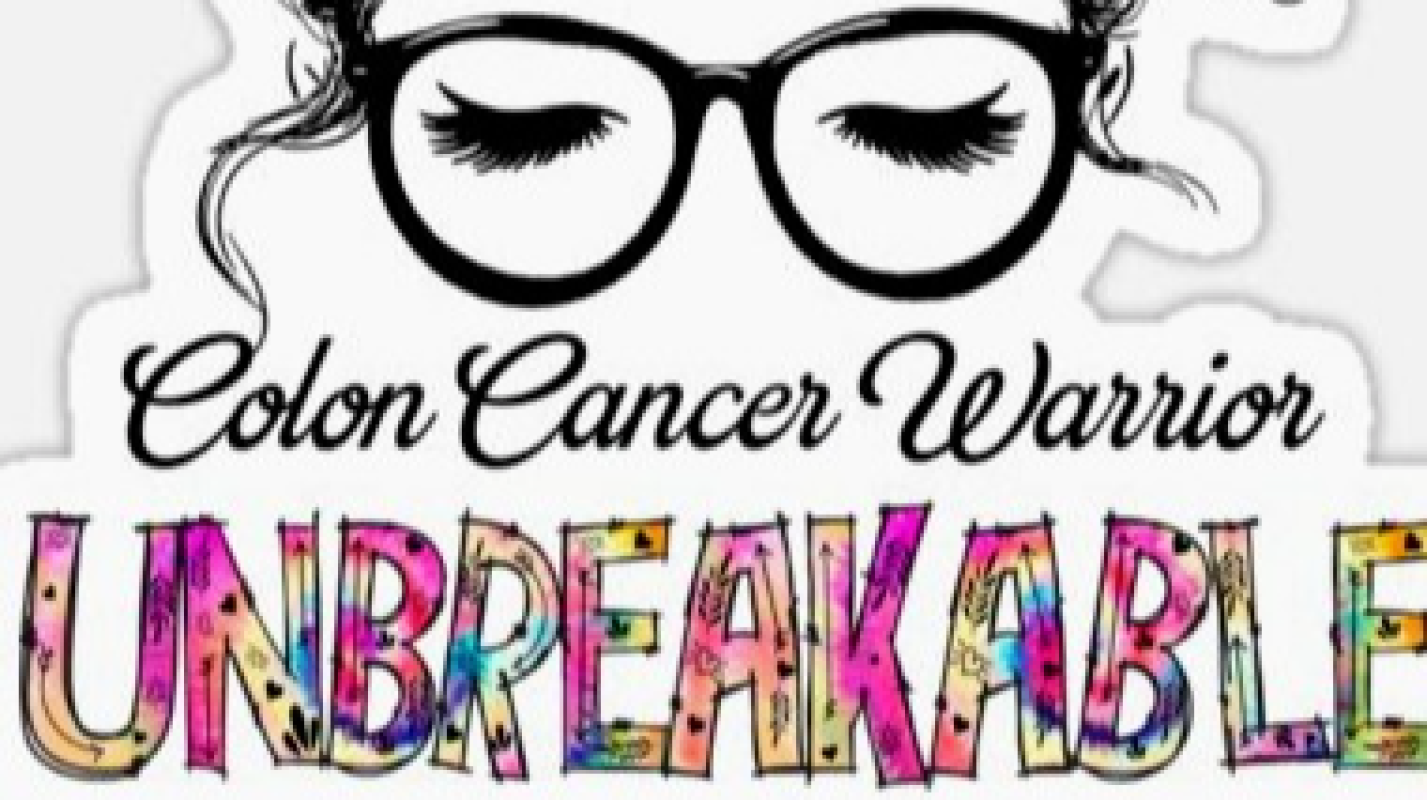
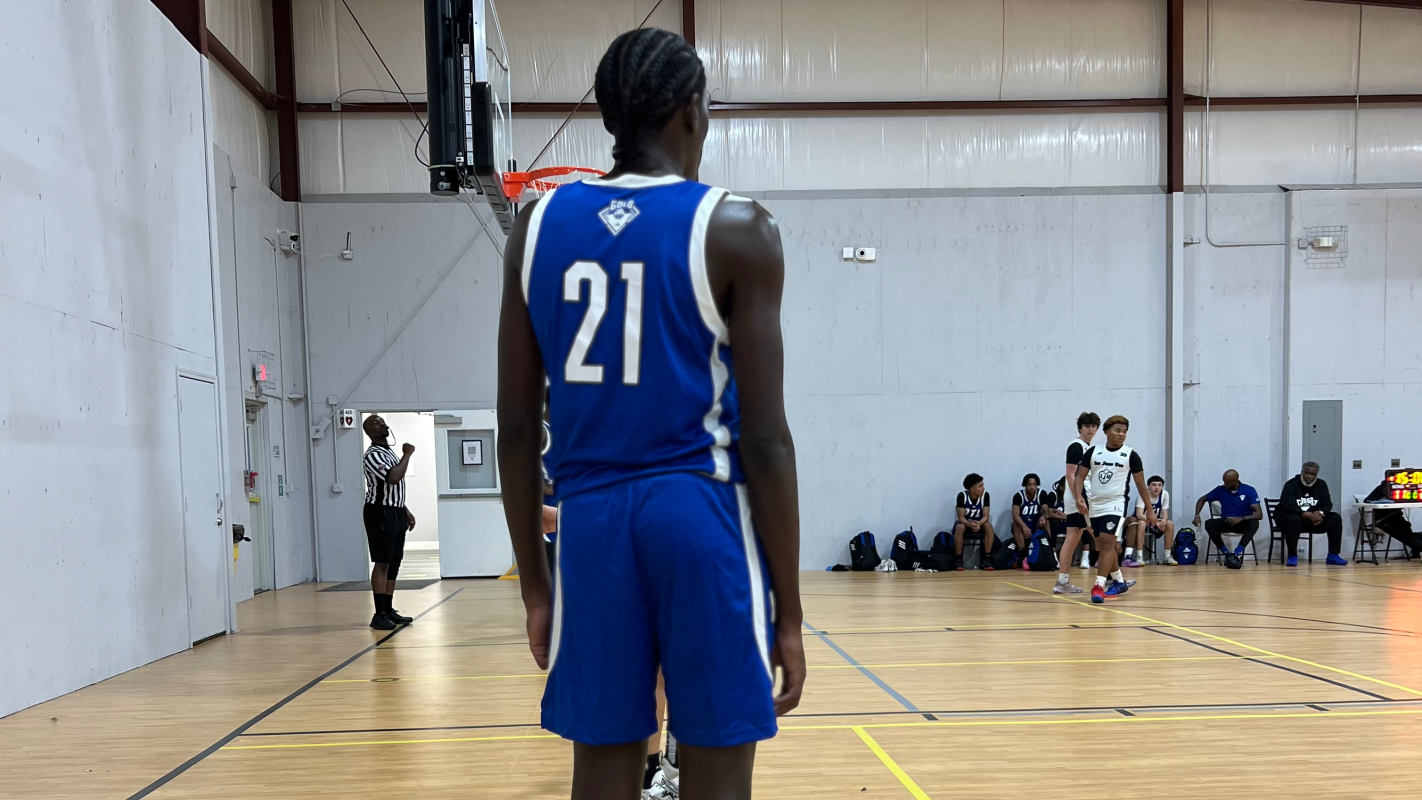
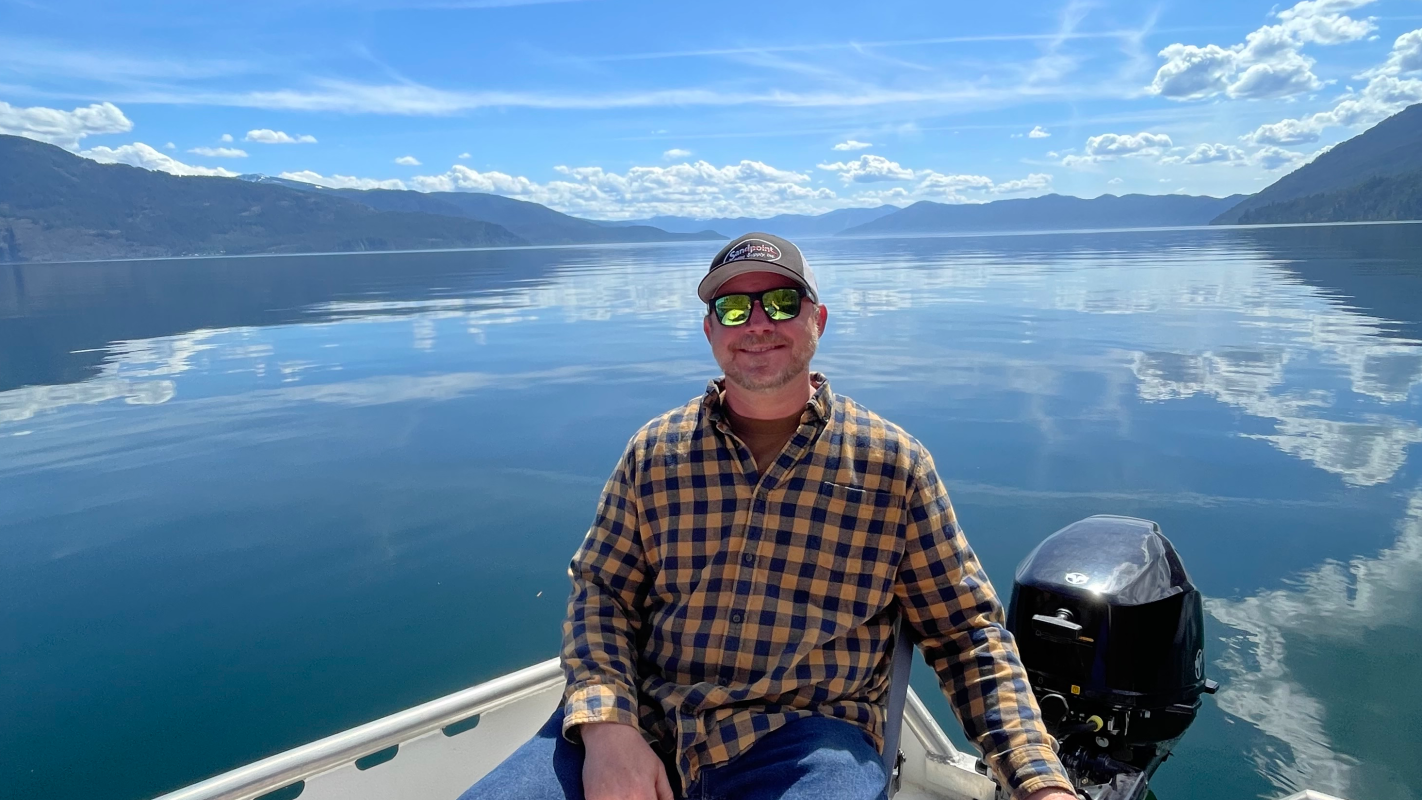
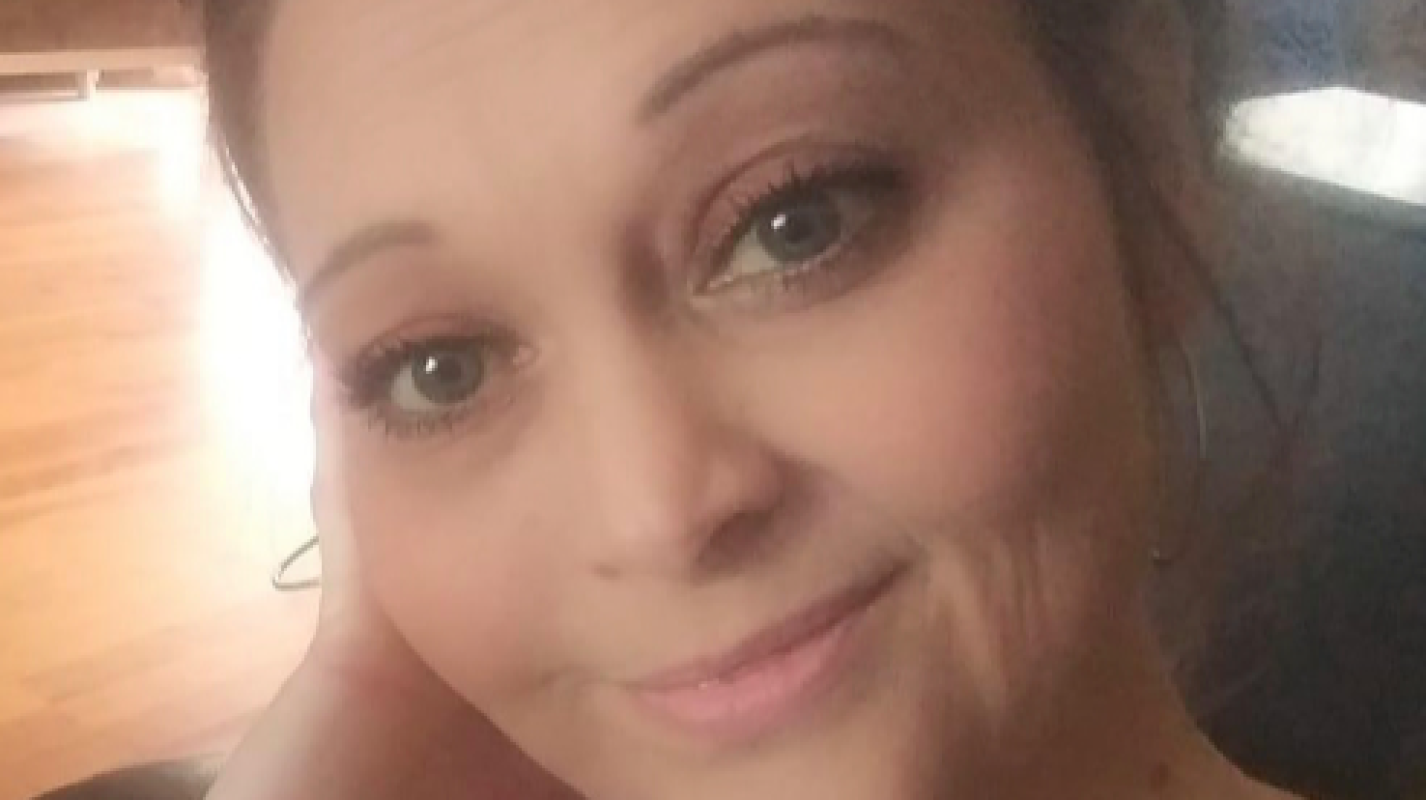

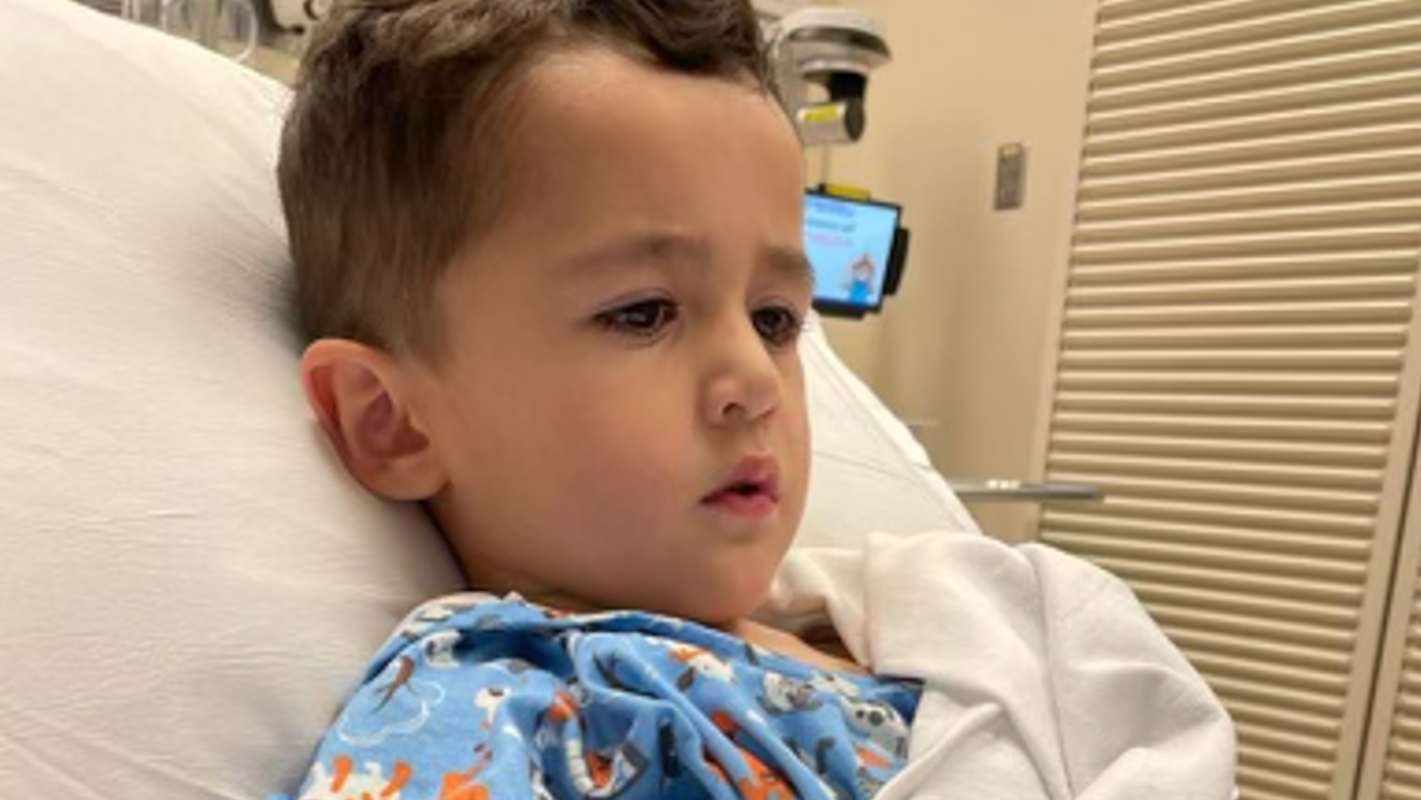
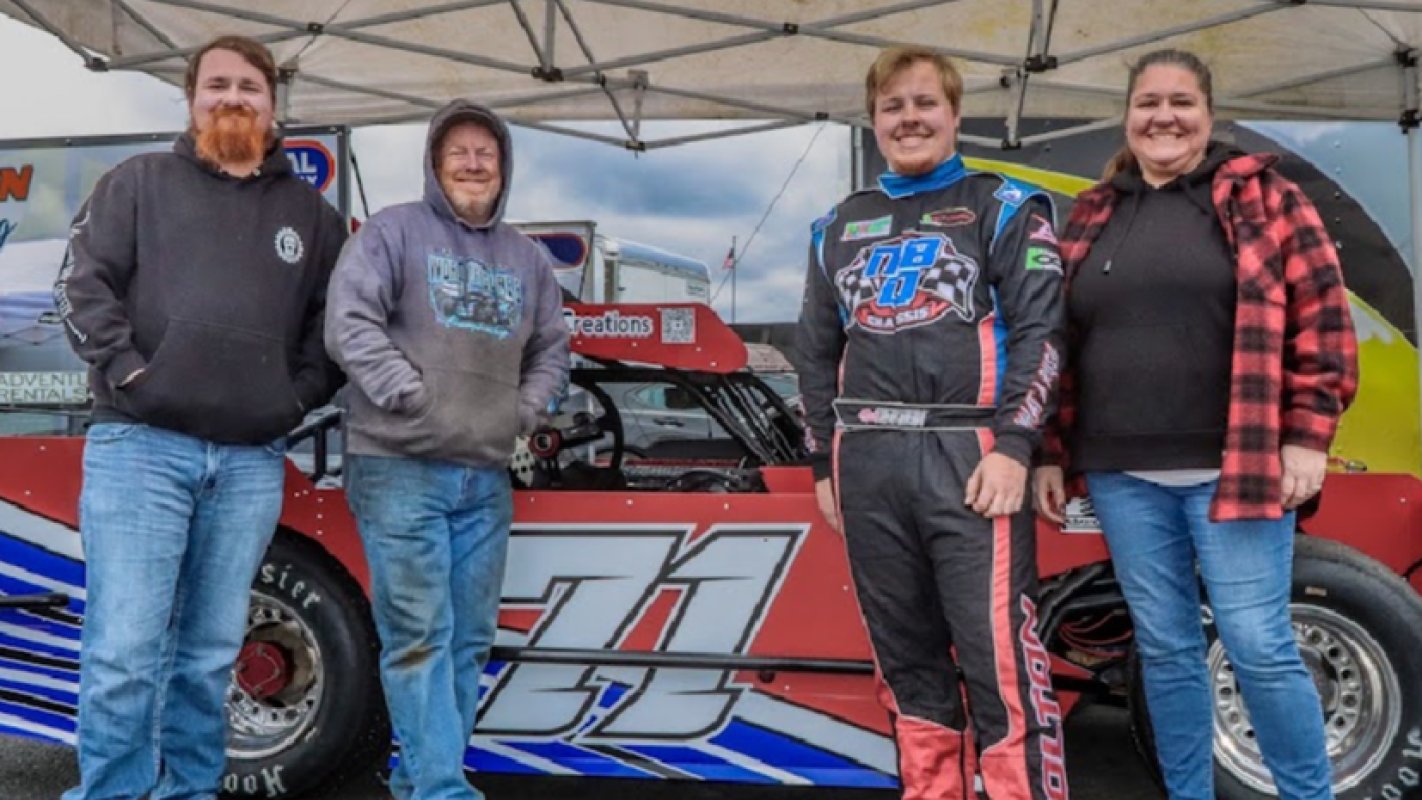

Please donate to comment.
{{dame(anonymous, user, donor_name)}} | {{curr(amount,'USD')}}
{{created_at_rel}}{{note}}